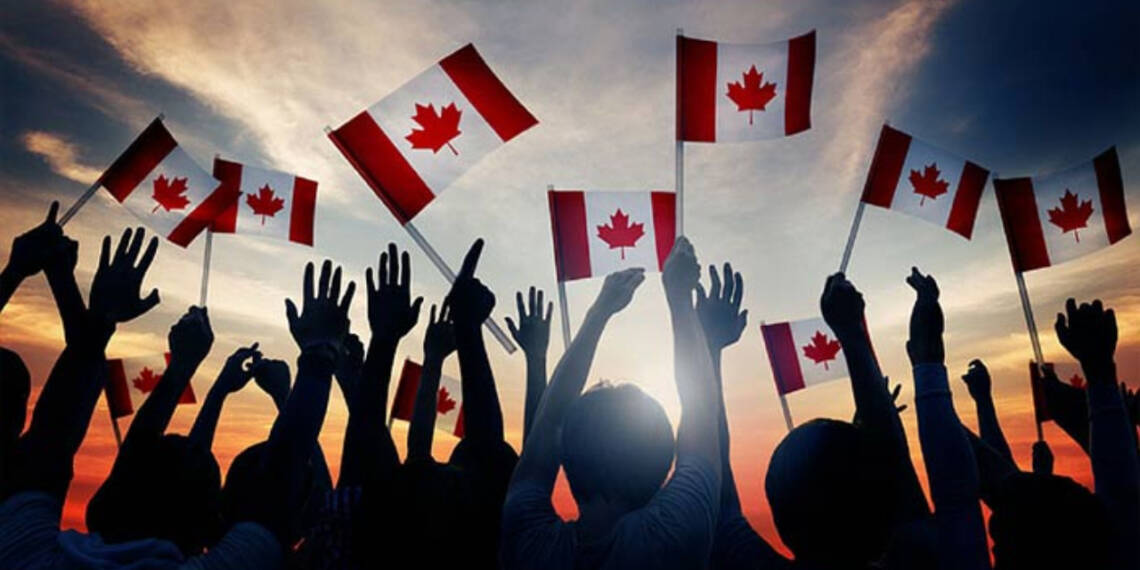Canada is a country that prides itself on its inclusive and welcoming nature. However, for some individuals, obtaining citizenship in Canada can be a complicated and frustrating process. These individuals are known as “Lost Canadians” – people who were born in Canada or have at least one Canadian parent, but are not recognized as Canadian citizens due to gaps or inconsistencies in Canadian citizenship laws.
The term “Lost Canadians” was coined by a group of advocates who were fighting to bring attention to the issue. They argued that the current citizenship laws in Canada were unfair and discriminatory towards certain groups of people, including those born before 1947, women who married non-Canadians before 1977, and children born to Canadian mothers outside of Canada before 2009.
The situation faced by Lost Canadians is complex and varies depending on the individual’s circumstances. Some individuals are denied citizenship due to errors in government records or inconsistent interpretation of citizenship laws by officials. Others, like 46-year-old Rachel, have been waiting for over a decade for their citizenship application to be processed. Rachel’s case is complicated because she was born in Canada to a Canadian mother and an American father who was never formally recognized as a Canadian citizen.

Despite efforts by the federal government to address the issue in recent years, including passing legislation in 2009 that granted citizenship to some individuals who had previously been excluded, the process for Lost Canadians to obtain citizenship can still take years and may involve mistakes.
Read More: Canada is on its way to LEGALISE RAPE
While the situation may seem frustrating, some advocates have used humor and satire to shed light on the issue. Satirical news shows like The Beaverton and Rick Mercer Report have tackled the topic with a lighthearted approach, highlighting the absurdity of the situation while still calling for change.
One thing is certain: the issue of Lost Canadians is one that deserves attention and action. It is a reminder that even in a country as inclusive as Canada, there are still barriers to citizenship and full inclusion. The need for continued efforts to address the issue and ensure that all individuals are recognized as Canadian citizens is paramount.
In the end, the struggles faced by Lost Canadians highlight the need for continued progress towards a more equitable and just society. The fight for citizenship is not just about paperwork and bureaucracy; it’s about recognizing and valuing the contributions of all individuals, regardless of their background or circumstances. Only when we address the issue of Lost Canadians can we truly claim to be a country that values and celebrates diversity?
https://www.youtube.com/watch?v=r2kCZ29ZKwo








